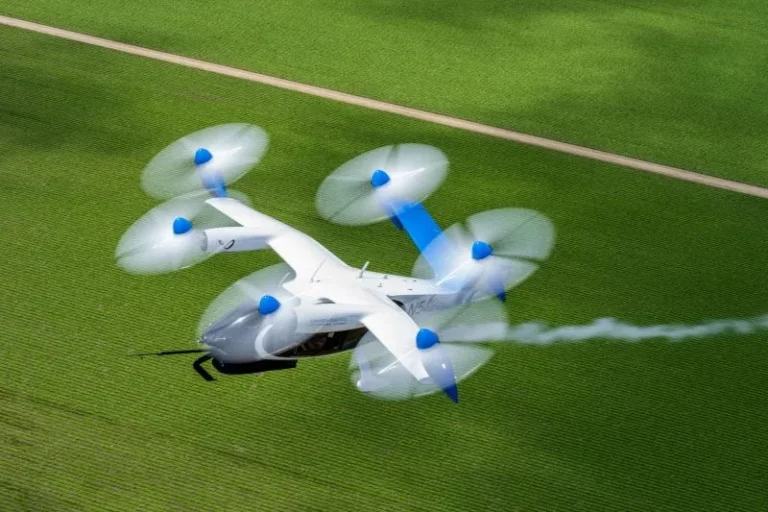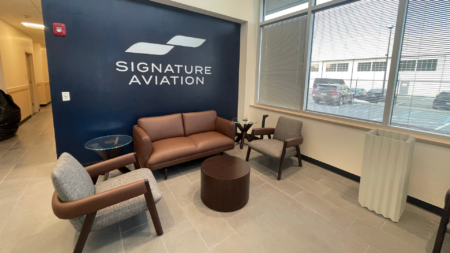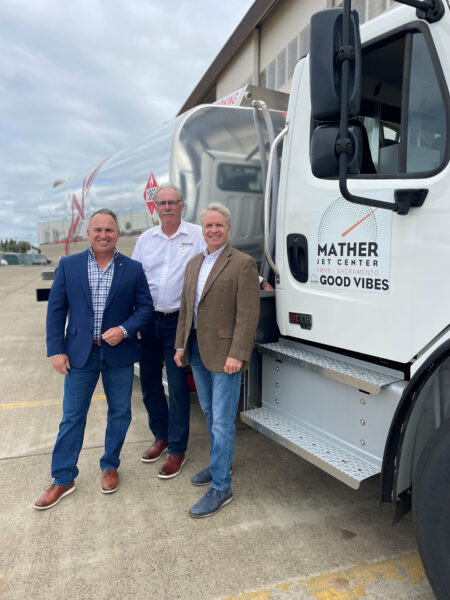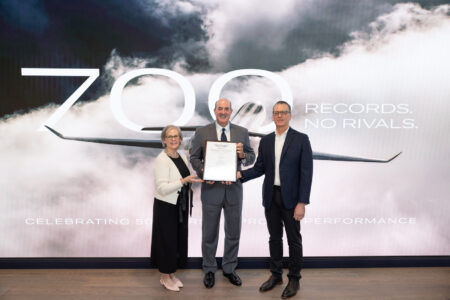Joby has flown an eVTOL aircraft non-stop for 523 miles during a test flight powered by a hydrogen fuel cell.
The test flight is the first forward flight of a VTOL aircraft powered by liquid hydrogen according to Joby, and was completed last month in Marina, California. The aircraft used was a converted Joby pre-production battery-electric prototype fitted with a liquid hydrogen fuel tank and fuel cell system.
The test aircraft landed with 10% of its hydrogen fuel load remaining, said Joby and had already completed more than 25,000 miles of testing as a battery-electric aircraft.
JoeBen Bevirt, founder and CEO of Joby said, “With our battery-electric air taxi set to fundamentally change the way we move around cities, we’re excited to now be building a technology stack that could redefine regional travel using hydrogen-electric aircraft.
“The vast majority of the design, testing and certification work we’ve completed on our battery-electric aircraft carries over to commercializing hydrogen-electric flight. In service, we also expect to be able to use the same landing pads, the same operations team, and Joby’s ElevateOS software that will support the commercial operation of our battery-electric aircraft.”
The hydrogen-electric powertrain used in the prototype was developed by H2FLY, a German startup Joby bought in 2021. The liquid hydrogen fuel tank has been designed and built by Joby, and stores up to 40kg of liquid hydrogen which is fed into the fuel cell.
The fuel cell system was designed and built by H2FLY and produces electricity, water, and heat. The electricity produced by the hydrogen fuel cell powers the six electric motors on the Joby aircraft, with batteries providing additional power primarily during take-off and landing.
Joby plans to start commercial operations in 2025, using its battery-electric air taxi.





